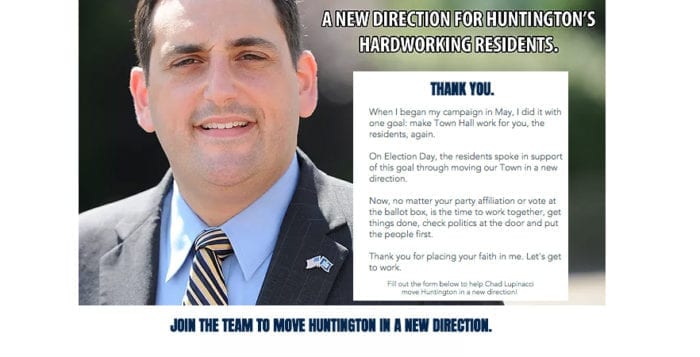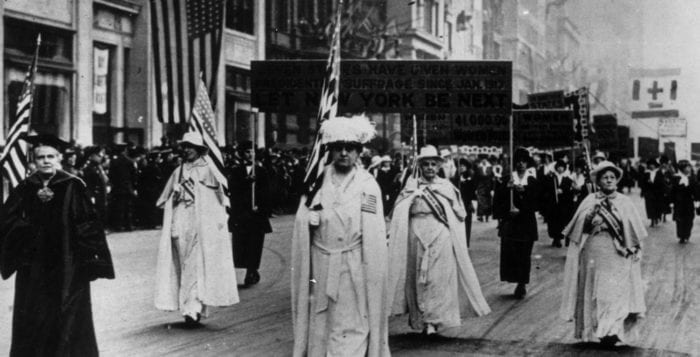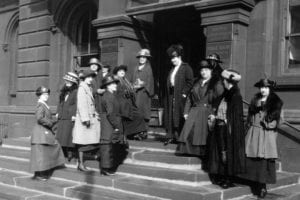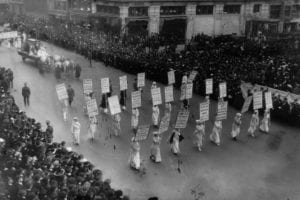Feels odd to write 2018, doesn’t it? No more Christmas celebrations, no more vacation days, no more New Year’s parties, we’re back to the real world. And what a real world it is. The North Koreans have a button. We have a bigger button that works. Meanwhile both leaders have strange haircuts. Primarily young people are rioting throughout Iran as the rulers threaten a violent crackdown. The Palestinians don’t want to hear from the president of the United States as a result of his stand on Jerusalem, yet even as they protest they are willing to continue receiving U.S. aid dollars. The war in Afghanistan, our longest war, slogs on, with no end in sight. Brutality, death, starvation and proxy wars rage throughout the Middle East and northern Africa.
By contrast, here in America, more people line up to sue Harvey Weinstein for sexual harassment or worse each day. Icons fall, Democrats and Republicans squabble, Republicans and Republicans squabble, governors and accountants strategize how to navigate the new tax laws, and we in Suffolk County are warned to hunker down in the face of a fierce and imminent nor’easter bringing tons of snow.
Enough already! Here’s what I say to all of that. Let’s focus on the things we have some hope of controlling and stand by to help with the rest. What do we actually control? We can start with ourselves.
On the threshold of this new year, we can pay more attention to our health. Everyone quite rightly wishes friends and family “a healthy and happy New Year.” Good things start with good health. Wishing won’t make it happen. Action will.
Most important, to me, along with lots of health professionals, is enough sleep of good quality. This strengthens the immune system, cognitive function and minimizes wrinkles — well, the first two anyway. Yet despite the research and repeated urgings in the media, data reveals that most Americans are sleep deprived. With so much to do each day, it is too easy to cut down sleep time. That might work for a day or two, but research shows that it is not possible to make up for lost hours in the long term. So don’t use your computer just before you go to bed, don’t even watch TV. Something about the light from those home essentials interferes with the urge to sleep.
Try to go to bed more or less the same time each night and wake up the same time each morning. Habit is a great helper. And if you tend to wake up in the middle of the night with the many chores you have for the next day ping-ponging around inside your head, put the bedside light on, make a to-do list with a pencil on a pad you have ready next to your bed, then turn off the light, and having discharged your memory, you can fall back to sleep until morning.
Another good thing to do is to eat foods with lots of fiber. “A diet of fiber-rich foods, such as fruits and vegetables, reduces the risk of developing diabetes, heart disease and arthritis. Indeed, the evidence for fiber’s benefits extends beyond any particular ailment,” according to a recent science article by Carl Zimmer in The New York Times.
People who eat more fiber simply have lower odds of dying. Somehow fiber is able to reduce inflammation in the body. Long-term inflammation can cause harm, although short-term inflammation does fight infection. How fiber works is a bit of a mystery because it is not directly digestible. There is a connection between fiber and the billions of bacteria that live in our guts. In essence, we feed our microbes fiber to enable them to strengthen our immune systems. Take it on faith and don’t ask me more.
One issue that is, of course, most distressing to me is that of fake news. Be assured, please, that whatever you might read in out hometown papers and on our well-read website, is fact and as true as we know it to be. If we err, we will correct.
Let’s keep in mind the old Chinese curse: May you live in interesting times. It may be a negative for some, but for journalists, it provides jobs.








